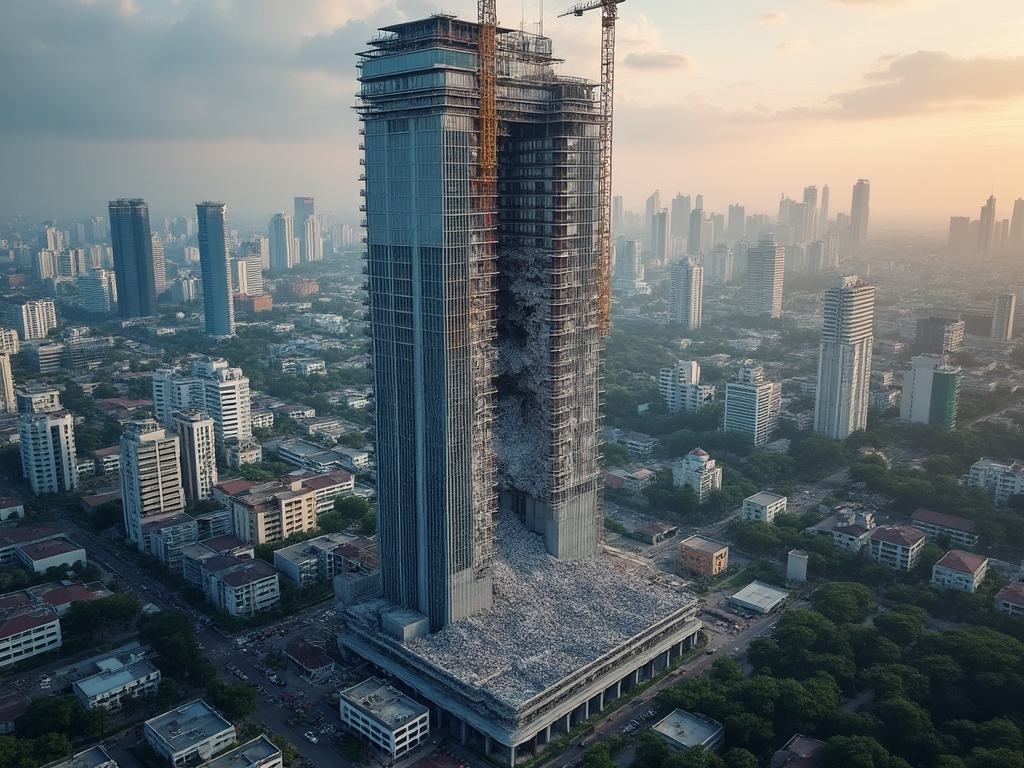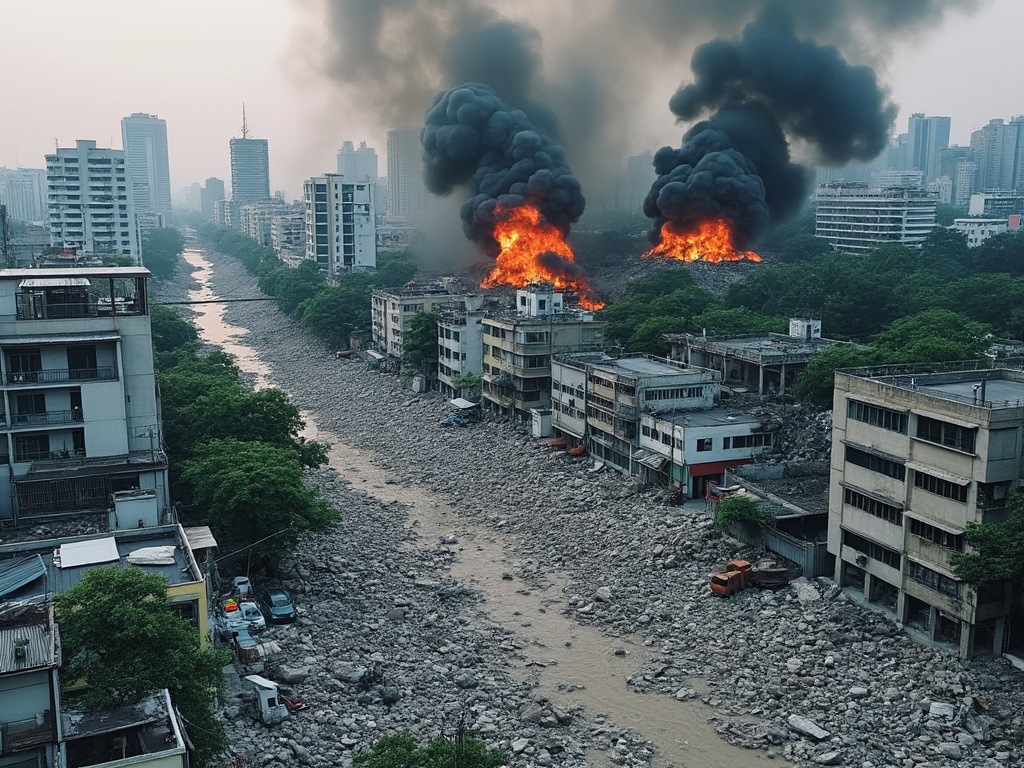As the nation awaits a crucial verdict from the Constitutional Court, public protests intensify and concerns mount over the integrity of the judicial system.
South Korea is currently in a state of heightened political tension as the nation awaits a ruling from the Constitutional Court regarding the impeachment of suspended President Yoon Suk-yeol.
Following the conclusion of impeachment hearings on February 25, observers and the public anticipated a verdict by mid-March.
Historically, similar cases of presidential impeachment have been resolved within two weeks after closing arguments.
However, a month has passed with no announcement from the court, prompting public frustration and speculation about the reasons behind the delay.
The ongoing uncertainty has led to increased mass protests across South Korea.
In a significant show of force, farmers driving tractors have converged on Seoul, supported by labor unions advocating for an all-out strike demanding Yoon's removal from office.
Pro-democracy activists have also reignited their demonstrations, fueled by fears that the prolonged inaction of the court could allow Yoon to remain in power, should the impeachment be rejected.
Compounding the unrest, the Constitutional Court has reinstated several government officials and prosecutors who had previously been impeached by the opposition-controlled National Assembly.
This development has further escalated tensions among the various political factions, intensifying anxieties over the health of South Korea's democratic institutions.
Political observers, including Jung Suk-koo, have highlighted the growing worries surrounding the potential implications for democracy in South Korea, as many citizens express concerns over whether the judicial system will deliver justice in this high-stakes political scenario.
Without a timely and clear verdict, the public remains on edge, facing fears that any decision could lead to serious public unrest.
Following the conclusion of impeachment hearings on February 25, observers and the public anticipated a verdict by mid-March.
Historically, similar cases of presidential impeachment have been resolved within two weeks after closing arguments.
However, a month has passed with no announcement from the court, prompting public frustration and speculation about the reasons behind the delay.
The ongoing uncertainty has led to increased mass protests across South Korea.
In a significant show of force, farmers driving tractors have converged on Seoul, supported by labor unions advocating for an all-out strike demanding Yoon's removal from office.
Pro-democracy activists have also reignited their demonstrations, fueled by fears that the prolonged inaction of the court could allow Yoon to remain in power, should the impeachment be rejected.
Compounding the unrest, the Constitutional Court has reinstated several government officials and prosecutors who had previously been impeached by the opposition-controlled National Assembly.
This development has further escalated tensions among the various political factions, intensifying anxieties over the health of South Korea's democratic institutions.
Political observers, including Jung Suk-koo, have highlighted the growing worries surrounding the potential implications for democracy in South Korea, as many citizens express concerns over whether the judicial system will deliver justice in this high-stakes political scenario.
Without a timely and clear verdict, the public remains on edge, facing fears that any decision could lead to serious public unrest.





































